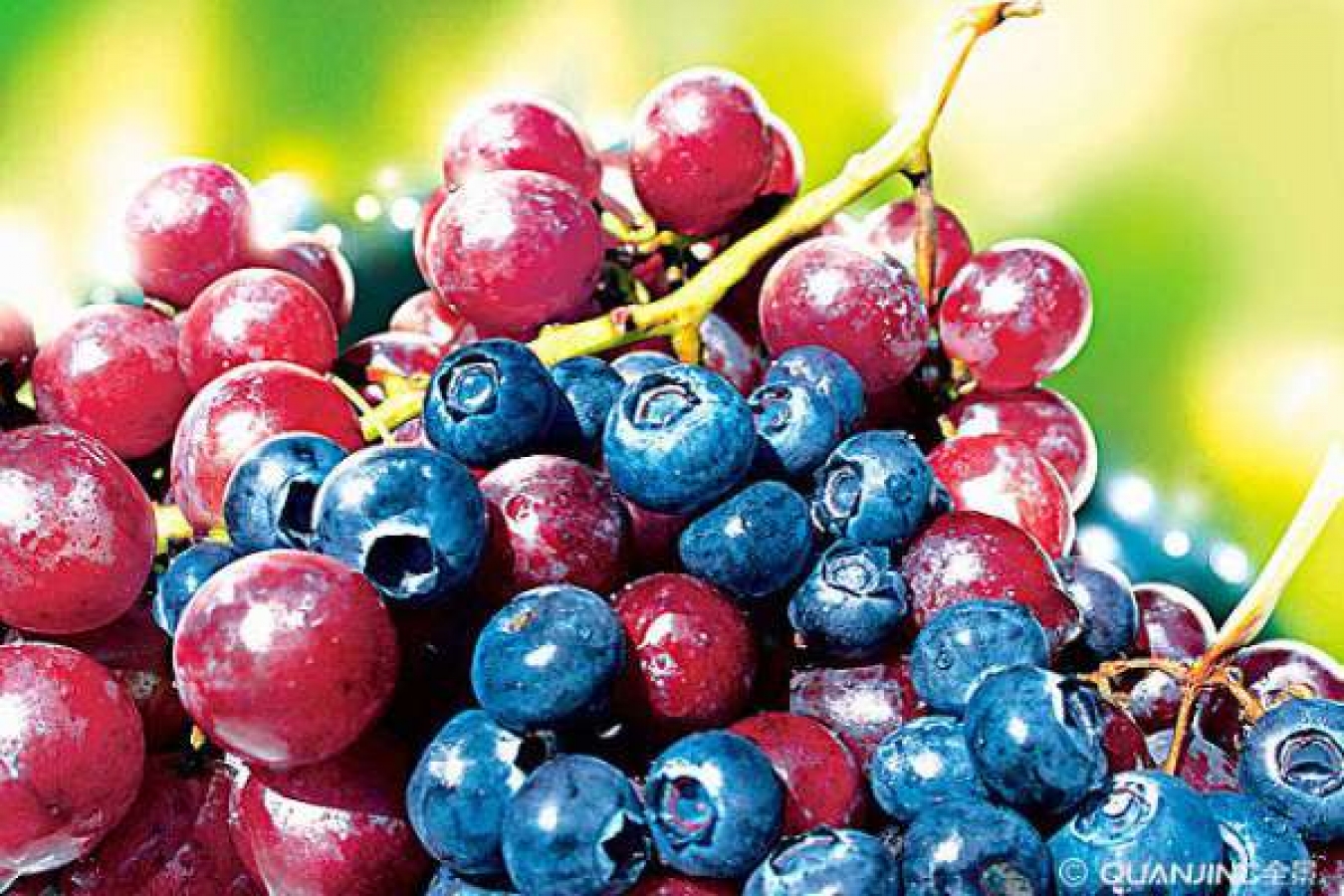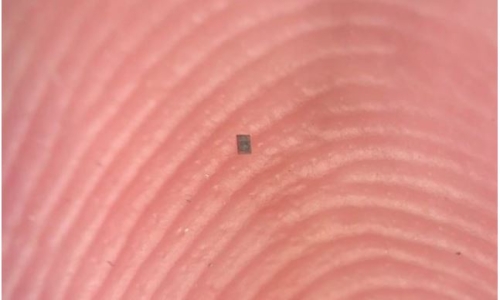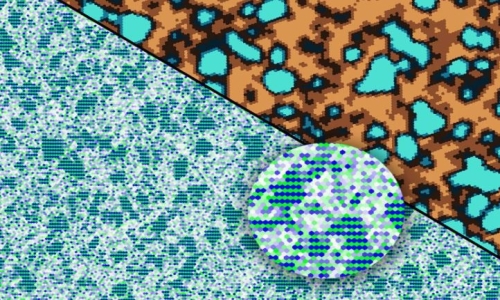


 2:35:49
2:35:49  2019-05-27
2019-05-27  1147
1147

Blueberries, red grapes, red wine, and peanuts are some of the natural sources of resveratrol — a plant compound that has received much attention in the medical community recently. New research in mice and human cells breaks down the mechanism through which resveratrol may lower blood pressure.
From protecting our neurons against aging to potentially preventing cancer, a significant number of studies have recently hailed the health benefits of resveratrol.
Also, a lot of previous research has focused on the benefits of resveratrol for heart health.
Clinical studies in rats and mice have demonstrated protective effects against stroke, heart failure, and hypertension, among other heart conditions.
Although some researchers believe that the benefits of resveratrol come from its antioxidant properties, the mechanisms behind its cardioprotective effects remain unclear.
New research gets closer to understanding these mechanisms, and the findings are an intriguing paradox.
A team of scientists from King's College London (KCL), in the United Kingdom, added resveratrol to the diet of mice with high blood pressure. Joseph Burgoyne, Ph.D., a senior lecturer in cardiovascular sciences at KCL, is the lead author of the study, which appears in the journal Circulation.
The effects of resveratrol in mice
Burgoyne and the team induced high blood pressure in a group of wild-type mice. The researchers measured the rodent's blood pressure with implanted telemetry probes and monitored this for 15 days.
During this time, they fed the mice either a diet to which they had added resveratrol or a normal diet.
By the end of the study period, the researchers noted a drop of about 20 millimeters of mercury in the blood pressure of mice that had consumed resveratrol. The scientists also discovered that resveratrol relaxed the rodents' blood vessels by oxidizing the protein PKG1a.
"Resveratrol mediates lowering of blood pressure by paradoxically inducing protein oxidation, especially during times of oxidative stress, a mechanism that may be a common feature of 'antioxidant' molecules," conclude the authors.
The findings are counterintuitive, in the sense that the compound is believed to be an antioxidant, but this study shows that it behaves like an oxidant in order to lower blood pressure.
"We're slowly realizing that oxidants aren't always the villain. Our research shows that a molecule once deemed an antioxidant exerts its beneficial effects through oxidation. We think that many other so-called 'antioxidants' might also work in this way." - Joseph Burgoyne, Ph.D.
What do the findings mean for humans?
Importantly, the researchers were able to replicate the findings in human cell lines. Specifically, they applied resveratrol to smooth muscle cells taken from human blood vessels and noticed the same oxidization process.
However, the scientists caution against the interpretation that people should consume a lot of resveratrol-containing products in order to reap the same benefits that this study showcased in mice.
People should avoid red wine, in particular, the researchers warn. To recreate the benefits of the study in humans, say Burgoyne and colleagues, a person would have to consume 1,000 bottles of red wine every day. The compound is not very soluble, which is why high amounts of it are necessary.
"Our work could lay the foundations for chemically altering resveratrol to improve its delivery to the body," the study's lead author explains, "or designing new, more potent drugs which use the same pathway. In the future, we could have a whole new class of blood pressure drugs."
Metin Avkiran, Ph.D., a professor of molecular cardiology at KCL — who was not involved in the study — also comments on the significance of the findings.
"Unfortunately, this isn't the all-clear to open a bottle of merlot. To get the human equivalent dose of resveratrol used here, you'd need to drink an impossible amount of red wine every day."
Prof. Metin Avkiran, Ph.D.
"This study reveals the surprising way in which resveratrol works and opens up the possibility of new blood pressure drugs which work in a similar way," Prof. Avkiran adds. "The findings bring us a step closer to tackling this 'silent killer' which puts people at risk of having a devastating stroke or heart attack."
In the United States, over 100 million people are currently living with hypertension.
Reality Of Islam |
|

A tiny robo

By applying

Stanford, C
 9:3:43
9:3:43
 2018-11-05
2018-11-05
10 benefits of Marriage in Islam
 7:5:22
7:5:22
 2019-04-08
2019-04-08
benefits of reciting surat yunus, hud &
 9:45:7
9:45:7
 2018-12-24
2018-12-24
advantages & disadvantages of divorce
 11:35:12
11:35:12
 2018-06-10
2018-06-10
 6:0:51
6:0:51
 2018-10-16
2018-10-16
 5:58:12
5:58:12
 2021-12-18
2021-12-18
 7:34:7
7:34:7
 2023-02-28
2023-02-28
allah will not answer all your prayers
 6:56:28
6:56:28
 2022-01-01
2022-01-01
 9:42:16
9:42:16
 2022-10-19
2022-10-19
 10:35:40
10:35:40
 2022-05-26
2022-05-26
 2:33:4
2:33:4
 2023-02-15
2023-02-15
 7:0:55
7:0:55
 2022-05-17
2022-05-17
 5:41:46
5:41:46
 2023-03-18
2023-03-18
| LATEST |